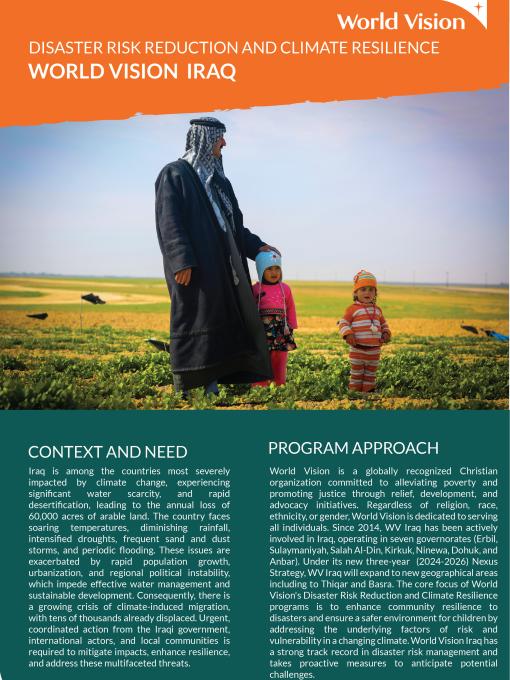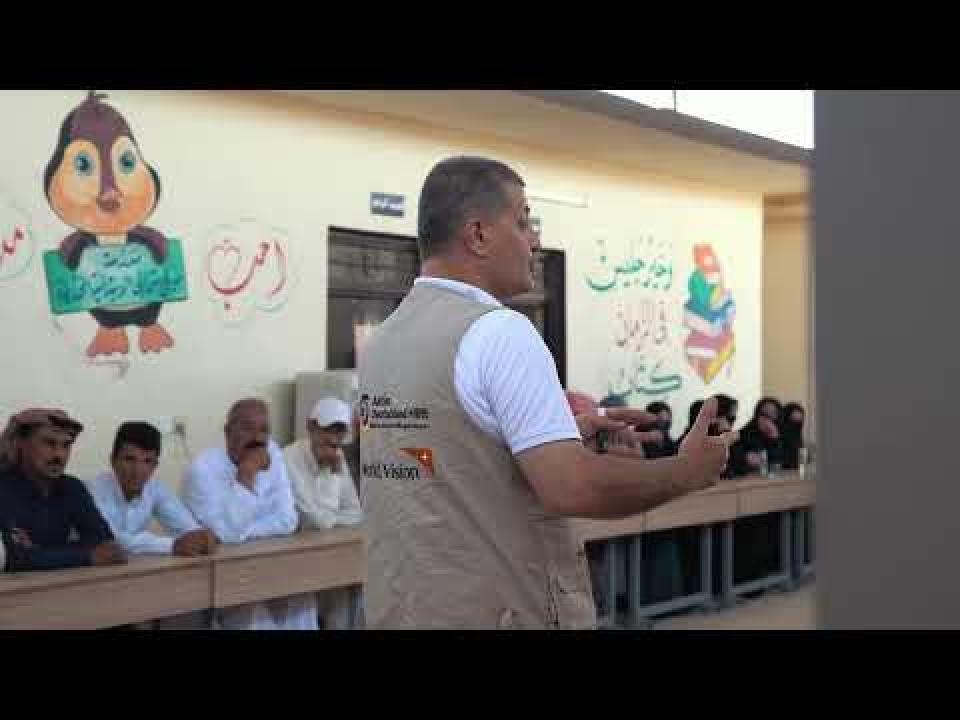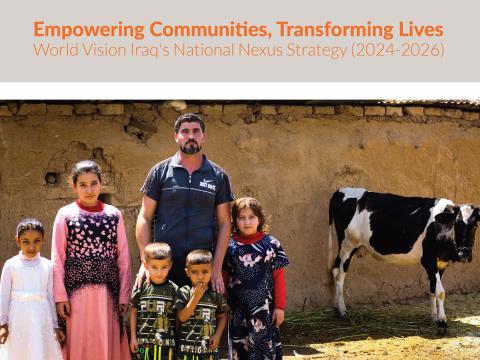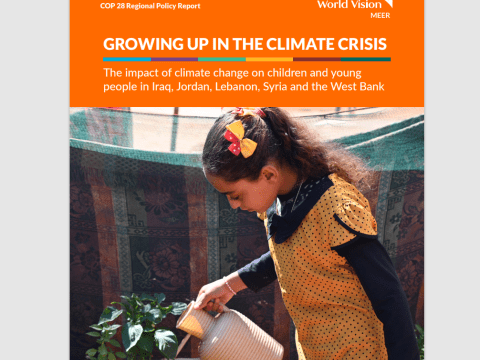Capacity Statement: Disaster Risk Reduction and Climate Resilience in Iraq
Download
Iraq is among the countries most severely impacted by climate change, experiencing significant water scarcity, and rapid desertification, leading to the annual loss of 60,000 acres of arable land. The country faces soaring temperatures, diminishing rainfall, intensified droughts, frequent sand and dust storms, and periodic flooding. These issues are exacerbated by rapid population growth, urbanization, and regional political instability, which impede effective water management and sustainable development. Consequently, there is a growing crisis of climate-induced migration, with tens of thousands already displaced. Urgent, coordinated action from the Iraqi government, international actors, and local communities is required to mitigate impacts, enhance resilience, and address these multifaceted threats.
World Vision is a globally recognized Christian organization committed to alleviating poverty and promoting justice through relief, development, and advocacy initiatives. Regardless of religion, race, ethnicity, or gender, World Vision is dedicated to serving all individuals. Since 2014, WV Iraq has been actively involved in Iraq, operating in seven governorates (Erbil, Sulaymaniyah, Salah Al-Din, Kirkuk, Ninewa, Dohuk, and Anbar). Under its new three-year (2024-2026) Nexus Strategy, WV Iraq will expand to new geographical areas including to Thiqar and Basra. The core focus of WV's Disaster Risk Reduction and Climate Resilience programs is to enhance community resilience to disasters and ensure a safer environment for children by addressing the underlying factors of risk and vulnerability in a changing climate. World Vision Iraq has a strong track record in disaster risk management and takes proactive measures to anticipate potential challenges.


